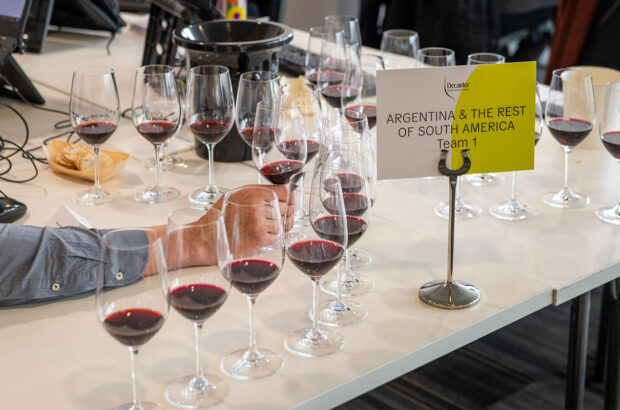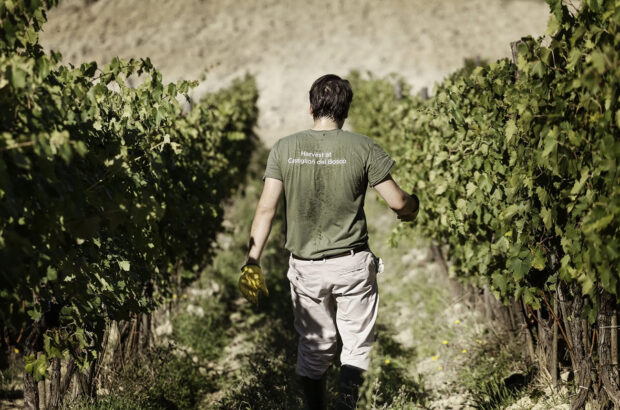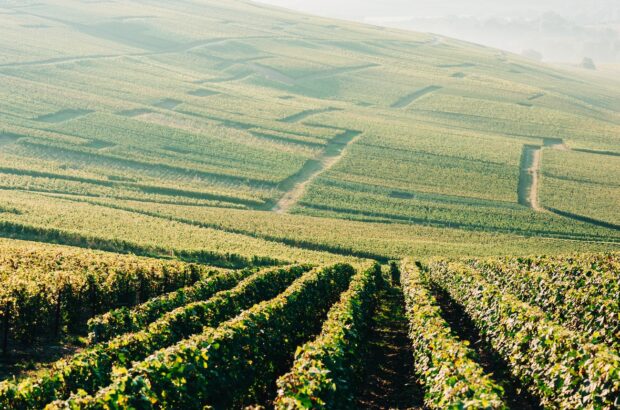A $9m, five-year Australian environmental program – the National Soil and Water Initiative – is seeking ways to reduce the threat of climate change to vineyards.
Professor Mark Gibberd of Curtin University, Western Australia, says most Australian cool-climate regions rely on rainfall, using irrigation only for risk management.
Gibberd has started a long-term trial on Ferngrove Vineyard in the Frankland Region to investigate how vines recover from drought, the optimum timing of water deficits (when to stop irrigating the vines) and the best way to manage soil, water and vines to target quality grape production.
Most Frankland vineyards supply less 10cm of water annually as irrigation and more irrigation is not an option due to unreliable and saline surface water and lack of groundwater.
‘Grapes are normally grown under a 40-60% water deficit. The severity of a deficit depends on variety, rootstock, location, soil type, management and other factors,’ said Gibberd.
The trial has already shown that the ability of a vine to recover from water stress depends on vigour. Low vigour vines show greater water stress but they recover better from drought.
Gibberd is developing a stress index, based on plant vigour and stable isotope discrimination assays, to help growers decide when and when not to irrigate.
Written by Frank Smith





